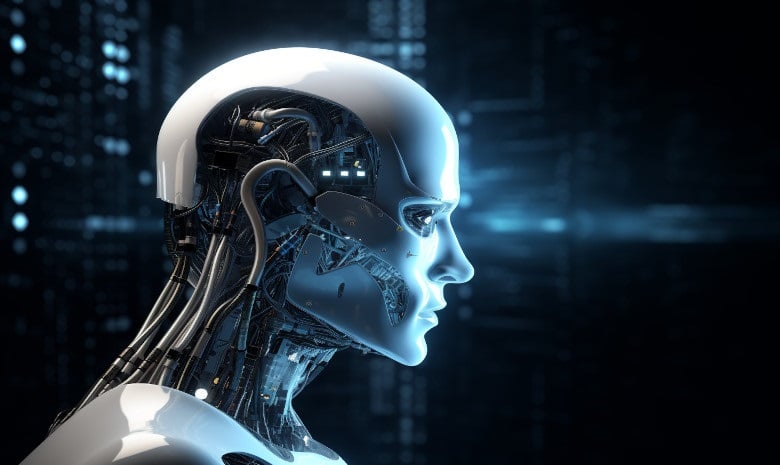
It's important for individuals, companies, and governments to consider the pros and cons of AI as we navigate the rapidly evolving landscape of work in the 21st century.
Artificial Intelligence (AI) has become a buzzword in the tech industry and beyond. While it holds immense potential in transforming our world for the better, it also poses a threat to job security. As AI continues to advance, it's important to consider the pros and cons of this technology on our workforce.
On the one hand, AI can improve productivity and efficiency, leading to cost savings for companies. For example, AI-powered chatbots can help customer service departments handle inquiries and complaints faster and more efficiently than humans can. This frees up human workers to focus on more complex tasks that require a human touch.
On the other hand, AI threatens to replace many jobs traditionally done by humans. According to a study by the McKinsey Global Institute, up to 800 million jobs could be lost to automation by 2030. These job losses could disproportionately affect low-skilled workers and those in industries that are highly susceptible to automation, such as manufacturing and transportation.
One area where AI is already having a significant impact is in creative industries. Generative AI, which uses algorithms to create content such as music, art, and even entire novels, has the potential to revolutionise the way we create and consume art. However, this technology also raises questions about the role of human creativity and the future of jobs in creative industries.
Take the music industry, for example. With AI-powered music generation tools like Amper Music, musicians can now create entire tracks in a matter of minutes. While this technology can help artists create more music faster and cheaper than ever before, it also threatens the livelihoods of traditional music producers, who may find themselves replaced by AI-generated music.
Similarly, the art world is grappling with the implications of AI-generated art. Last year, a piece of AI-generated art sold at Christie's auction house for $432,500. While some see this as a sign of AI's potential to revolutionise the art world, others worry that AI-generated art could devalue the role of human creativity and lead to job losses in the art world.
Despite the potential risks, AI is also creating new job opportunities. As AI continues to evolve, there will be a growing demand for professionals with the skills to develop, implement, and manage AI systems. According to a report by the World Economic Forum, jobs in AI, data science, and machine learning are among the fastest-growing occupations in the world.
In conclusion, while AI holds immense potential to transform our world for the better, it also poses a threat to job security. The impact of generative AI on the creative industries is just one example of the many ways in which AI is changing the nature of work. It's important for individuals, companies, and governments to consider the pros and cons of AI as we navigate the rapidly evolving landscape of work in the 21st century.